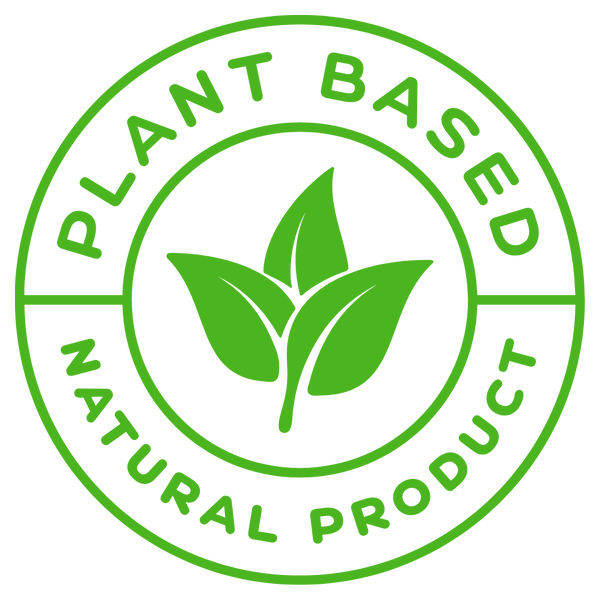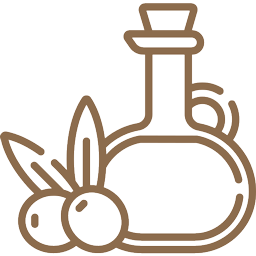Latin Name: Coriandrum sativum
General Description: This herb has an incredibly long history of usage. In fact, the seeds of this herb were found in an ancient Egyptian tomb of Ramses the Second. Coriander's popularity comes not only from its use for oil, but also from its use for decoration and as a domestic spice. In Chinese medicine the whole herb, instead of just parts, is used to heal many ailments.
Coriander Folklore: Coriander's history can be traced back for thousands of years. It was grown in Persia 3,000 years ago and used to fragrance the hanging gardens of Babylon. There is mention of Coriander in the Bible where manna is described as being "like a Coriander Seed, white" (Exodus 16:31). As civilization spread, so did the popularity and uses of Coriander. It has been used as a condiment and as an ingredient in medicines. It is still widely used in tonic and cough medicine in India. The leaves of the plant, cilantro, are also a popular flavoring in many Latin American dishes.
How It's Made: To make this oil, the ripened seeds are crushed and put through a process known as steam distillation which extracts the essential oil.
Properties:
Muscles: Helps with Arthritis, Gout, and Rheumatism, Reduces Stiffness
Digestive: Prevents Flatulence, Helps Those with Anorexia, Reduces Nausea, Helps with Diarrhea
Nervous System: Relieves Migraines and Helps with Neuralgia
Immune System: Fights Viral Infections, Battles Common Cold and Influenza, Fights Measles
Circulation: Increases Circulation
Safety Guidelines: This oil is non-toxic and will not irritate or sensitize the skin. Coriander Seed should not be used directly on the skin. The oil should first be mixed with a diluting or carrier oil.




















































